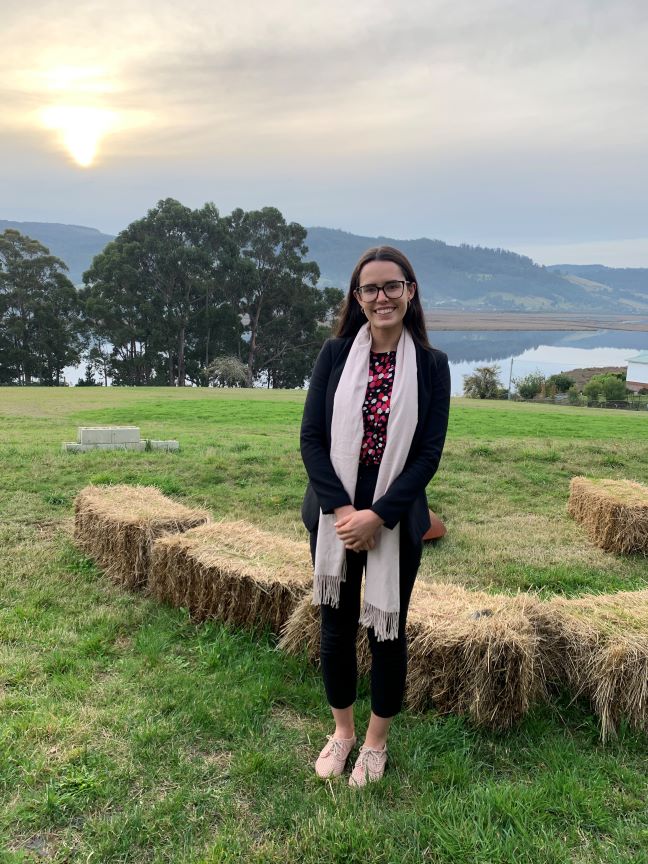
The Wide Bay region is making significant strides in medical advocacy, with three of its doctors taking on key leadership roles within the Australian Medical Association Queensland's (AMAQ) Committee of Doctors in Training (CDIT).
This committee serves as the peak advocacy body for doctors across Queensland, playing a pivotal role in shaping the future of medical practice and training.
This year, the CDIT comprises four special interest groups, and notably, three of these are led by doctors from the Wide Bay region:
Dr. Isaac O'Dempsey has been appointed as the Chair of the Rural & Remote special interest group.
Dr. Jasmine Davis takes on the role of Chair for Education & Training.
Dr. Emma Hodge has been selected as the Chair of the Wellbeing special interest group.
Additionally, Dr. Sahand Tahmasebi is serving as a hospital representative on the committee, further strengthening the voice of regional hospitals within this important advocacy body.
The leadership representation from Wide Bay doctors is not only a testament to their dedication and expertise but also enhances the visibility and influence of regional hospitals at the state level.
Their involvement ensures that the unique perspectives and challenges of regional healthcare providers are brought to the forefront of medical advocacy in Queensland.
Dr. Hodge said she has a strong passion for doctors’ health and wellbeing.
“Leading in these roles allows me to advocate for the physical and mental wellbeing of my colleagues and lead initiatives that enhance the working conditions, culture, and support available for doctors in training,” she said.
“I am deeply committed to improving healthcare systems to ensure the wellbeing of doctors is prioritised along with patient care, which is one of the reasons I chose to pursue specialist training in medical administration.”
During her role, she hopes to develop a medical wellbeing guide that collates all the support systems and resources available to doctors, contribute to the development of the QLD Health / Mater Mind(re)set modules for junior doctors, and advocate for a national ward call policy with minimum doctor-to-patient ratios, based on CDT research conducted during 2023.
Dr. Davis said she has found advocacy and leadership to be a healthy outlet for the frustrations felt in everyday work.
“Being part of this committee and finding ways to work with like-minded people to improve the system we work within is really rewarding and can truly make such a big difference in the day-to-day lives of not only our colleagues but also our patients,” she said.
“I joined the AMA Council of Doctors in Training as the Education and Training Committee lead because I found that although there is focused education and training for doctors in their internship and while they are on specialty training programs, there is a real lack of support for doctors who don’t fit into those categories, such as International Medical Graduates and Service Registrars.”